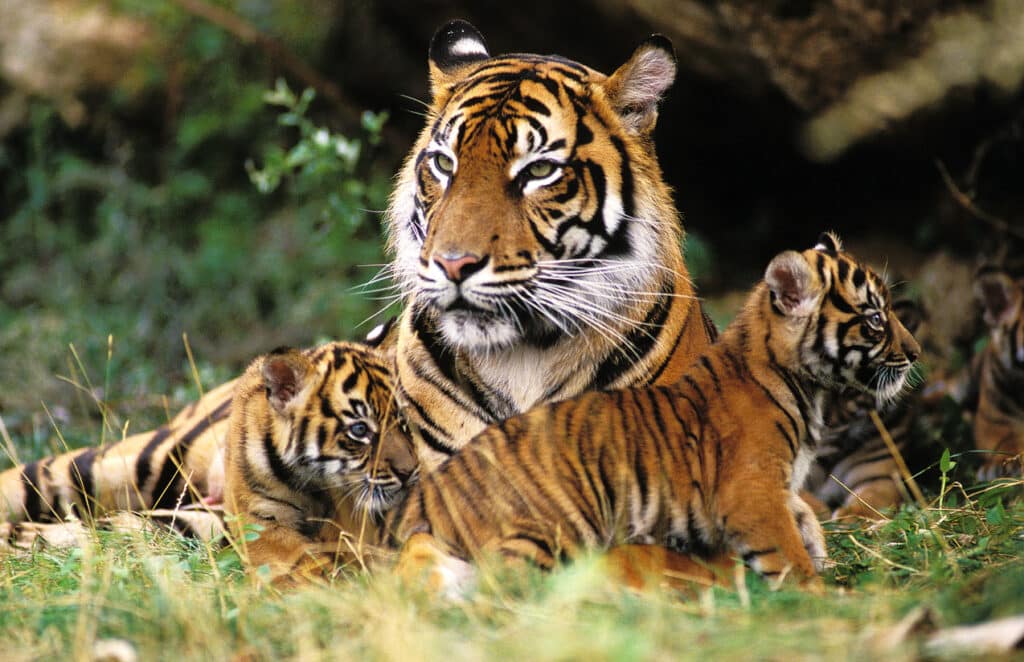As Sara Walker noted in her guest blog, wildlife trafficking is a global crisis. She points out that whistleblowing is one of the many components that need to be improved to help combat this crime. I agree that whistleblowing is one tool of many that can aid in tackling wildlife trafficking. This is true, in part, because of an overlooked aspect of wildlife trafficking—much of it can be linked to corporations.
I have proposed that wildlife trafficking can be broken down into four ‘Categories of Demand’ —processed commodities, food, traditional medicines, and collectors’ items. These categories, whilst overlapping, have distinctive features linked to why they are in demand. The categories do have one element in common though and that is that corporations are involved in some way. Take collectors’ items, for example. Within this category, there are companion animals, animals for zoos, aquaria and laboratories, and plants for botanic gardens. Animal products, like leather, skins, and ivory, used in fashion, jewellery, and decorative items overlap between collectors’ items and processed commodities. Caviar, songbirds, and whales, among other wildlife, overlap between collectors’ items and food. Evident from this quick overview of the category is that legal wildlife businesses are present in all of these examples.
One of the many challenges for law enforcement in combating wildlife trafficking is the grey area between the legal and illegal wildlife trades. The entertainment, fashion, food, pet, and transport industries are all legitimate sectors, which can, and often do, consume wildlife on a significant scale. While many of these businesses will behave with integrity and even be engaged in efforts to combat wildlife trafficking and protect biodiversity, not all of them will. Colleagues and I have written that a portion of wildlife trafficking is committed by “One or more corporations using their legitimate formal organization and acting in conjunction with individuals or outside groups to commit illegal activities to benefit the corporation.” This is a critical aspect to address because law enforcement and policy responses to corporate crime are not the same as the responses to organized crime or other forms of criminal networks.
And here is where I see a significant role to play for whistleblowers. Employees of wildlife-related industries potentially have inside knowledge of how the wildlife are being sourced in that particular industry. For example, staff of captive breeding facilities, pet stores, and related supply stores may know whether the wildlife are truly being captively bred, or if they are actually taken from the wild and then laundered into the legal supply chain. Staff of legal captive breeding facilities or zoos may also know when the wildlife’s parts are entering the illegal market. For instance, in July 2020 Investigace wrote a story of the role of several European countries in the global illegal trade of tiger parts. It is legal in Europe to breed big cats, but numerous instances involving private breeders, circuses, and zoos, indicate that at least some of the tigers are bred and killed so that their parts can be sold for Traditional Chinese Medicine. I suggest that there were numerous employees in these businesses who would have known of the illegality and could have acted as whistleblowers.
Of course, employees need to know in general about whistleblowing and in particular how to go about it. Perhaps, Directive (EU) 2019/1937 of the European Parliament on the protection of persons who report breaches of Union law will support people working in wildlife industries to step forward when they see criminal activity. This EU Directive is important in that it applies protections for all EU citizens across the 27 member countries, whereas before there appeared to be more of a patchwork of protection for whistleblowers. This Directive does, however, only apply to Union law. So, in the case of wildlife trafficking, people could report violations of the Environmental Crime Directive 2008/99/EC, which criminalizes wildlife trafficking. In the European context, further efforts need to be made to ensure whistleblowing at the national level of each member country is also protected and widely known about.
If employees of the many wildlife-related industries were to join the fight against wildlife trafficking by whistleblowing on criminal activity that they observe, this could make a difference. Not only would their knowledge improve the global understanding of the role of corporations in wildlife trafficking, but them speaking out could save the lives of individual wildlife as well as species populations. Corporations are powerful actors and whistleblower protection is essential to help hold the criminal corporations to account. This is the case for all crimes, but can play an as of yet untapped role in helping to end wildlife trafficking.
Dr. Wyatt will be participating on a panel on Wildlife Whistleblowing on July 29 as part of the National Whistleblower Center’s multi-day National Whistleblower Day 2021 celebration. RVSP for the event here.
